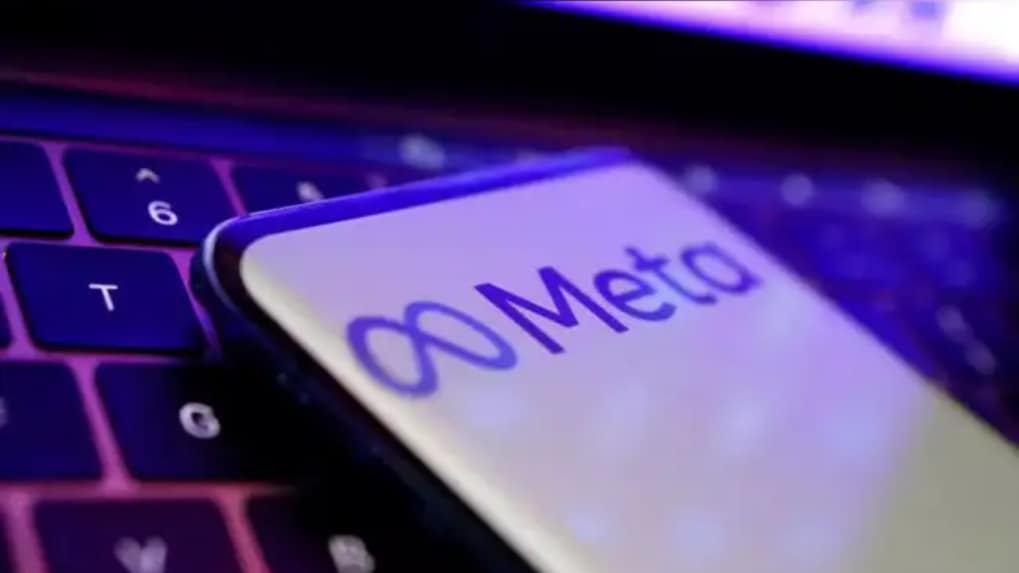Meta to remove Facebook Like and Comment buttons from external websites by 2026
The change marks the end of an era for one of Facebook’s most influential digital tools.
ADVERTISEMENT
Meta has announced that it will discontinue the use of Facebook’s external Like and Comment buttons embedded on third-party websites, officially phasing out one of the internet’s most recognisable features.
The company confirmed that support for these social plugins will end on 10 February 2026, as part of its wider plan to simplify and modernise developer tools. Introduced in 2010, these plugins once allowed users to react to and comment on content directly from external sites — a key driver of Facebook’s early web dominance and viral sharing ecosystem.
In a blog post, Meta said the phase-out would take place smoothly, with the plugins set to “gracefully degrade” by rendering as invisible 0x0 pixel elements, rather than disrupting website performance. The company assured developers that this transition would not trigger errors or break site functionality, noting that it would simply remove the embedded content.
Meta stated that the change reflects the declining usage of such integrations, as the wider internet and user behaviour have evolved over time. Stricter global privacy regulations have also contributed to the decline of social plugins, which once served as a bridge between web publishers and Facebook’s social graph.
It is important to note that this update will not affect the Like button within Facebook’s core platform itself — users will still be able to react to posts, photos, and videos as usual. The move only impacts external buttons seen on blogs, news portals, and brand websites, which allowed users to engage using their Facebook accounts.
The change marks the end of an era for one of Facebook’s most influential digital tools. The Like button, launched in 2009, became a cultural symbol of approval and redefined online interaction. For over a decade, publishers and marketers relied on these buttons to measure popularity, encourage engagement, and expand social reach.
Meta said the decision will allow it to focus on tools that offer greater value to developers and to invest in future innovations across its platforms.

